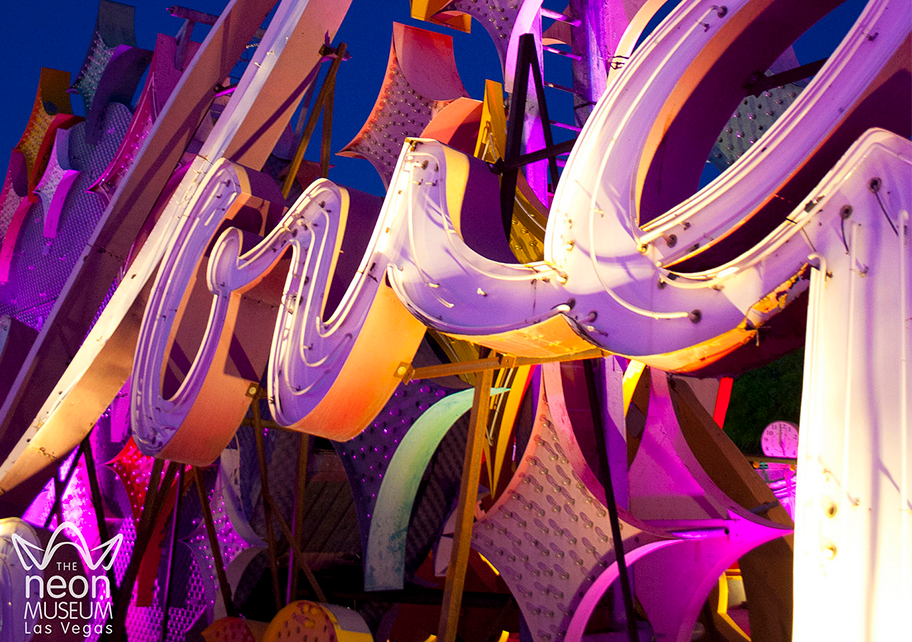The Natural World, Decolonized
We used to be wildly alive. We used to be “savage,” we used to be unmannered and free, living in intimate and sacred relationship with plants, animals, and the elements. We had a different set of things to be afraid of but were less afraid than we are now. It’s easy to forget that more than ninety-nine percent of human evolution occurred embedded in the natural world. The assumptions about life, reality, and human nature that we accept today as normal are in fact severely misaligned with our 200,000 year history as homo sapiens.


At this moment in human history, our relationship with nature is unfortunately largely defined by abuse. We try to conquer nature; we’ve succeeded in irreversibly manipulating it. We often fail to see ourselves as an inseparable part of the greater organism that is planet earth. The individualist mentality that pervades the developed world has led us to believe our successes are entirely our own, while each day we are consuming food, drinking water, and being energized by sunshine that is all being gifted to us.
Several decades ago Freud pointed at modern civilization as the cause of our angst, suggesting that our greatest psycho-spiritual suffering is rooted in our attempts to avoid the threats of nature. We’re terrified of nature’s destructive aspects – the dangers of the wilderness, the animal tendencies within us, and of course, death – and we’ve attempted to shut it all out by domesticating ourselves. Anxiety, depression, addiction, and abuse toward ourselves, each other, and the natural world arose as the results of having isolated ourselves from the greater web of life.


Have you ever been to a rainforest? Rainforests are often described as “teeming with life,” which is only possible because they are also teeming with death, and both are occurring simultaneously in cycles so rapid they are visible to the human eye. Nobody wants to talk or think about death. Yes, you are going to die one day. You have to, because you belong to the natural world. You belong. Isn’t that what we all want? To belong? Isn’t that what we find at the cold and desperately lonely rock bottom of our anxiety disorders, our depression, our addictions? That all we want is to belong, to feel the love that comes from belonging, to be a part of something greater than ourselves.


I’m not going to pressure you to move to a hut in the jungle, though to me, that is certainly a fine option. Ecopsychology, which is a contemporary body of research that confirms the indigenous wisdom of the past several millennia, points to countless ways in which modern people can intentionally connect with nature and reap the emotional and psychological benefits of doing so:
Become fully embodied by doing things that use your whole being rather than just your head. Tune into your senses and enjoy them while you can – they are the greatest gifts we’ve been given as beings in human bodies. Go into the wilderness and relate with your surroundings. If this isn’t possible, be with the nature that’s available to you, even if it’s a houseplant or an apple or a butterfly, and be still. Plants and animals have a unique sort of consciousness. Perhaps they have a message that will surprise you. Connect with the elements around you: air, fire, water, and earth. Be in awe of their power and ask them to help you transform your life. Treat your body like the sacred altar that it is and honor the air that fills your lungs, the fire that zips through your neural networks as electrical currents, the water that flows through your veins, and the earth that makes up your bones and organs. Show gratitude for all that nature gives us with an offering, a song, or simply your heartfelt presence.
Above all, remember that you are an inseparable part of the natural world, and that you belong.
As the beings that hold the most power and agency of all beings on earth, we have a tremendous amount of responsibility.
We can best convey our respect and gratitude for our lives, each other, and all living things by making choices large and small that take into account the interconnectedness of our world.



